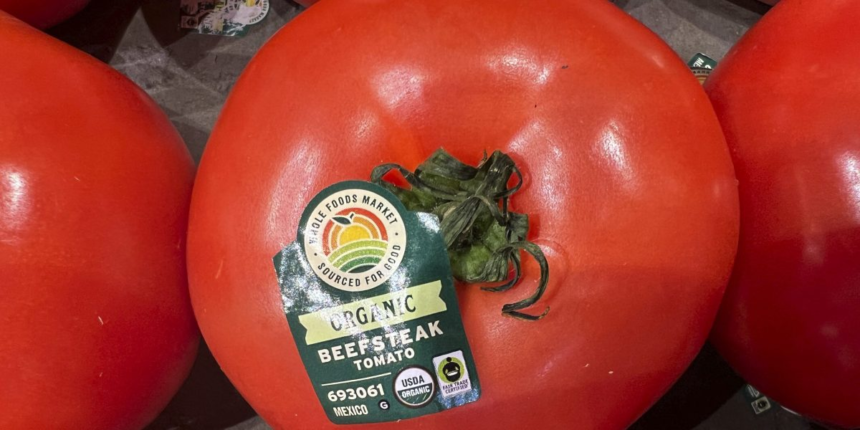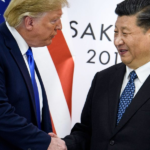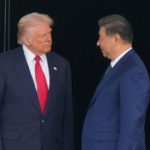Robert Guenther, the trade group’s executive vice president, said the duty was “an enormous victory for American tomato farmers and American agriculture.”
But opponents said the import tax will make tomatoes more expensive for U.S. consumers. Mexican greenhouses specialize in vine-ripened tomatoes, while Florida tomatoes are typically grown in fields and picked green.
“As an industry, we are saddened that American consumers will have to pay a tomato tax, or duty, for a reduced selection of the tomatoes they prefer, such as tomatoes on the vine, grape tomatoes, Romas, cocktail tomatoes and other specialty varieties,” said Lance Jungmeyer, president of the Fresh Produce Association of the Americas, which represents importers of Mexican tomatoes.
Tim Richards, a professor at the Morrison School of Agribusiness at Arizona State University, said U.S. retail prices for tomatoes will likely rise around 8.5% with a 17% duty.
Jacob Jensen, a trade policy analyst at the American Action Forum, a right-leaning policy institute, said areas with a higher reliance on Mexican tomatoes could see price increases close to 10%, since it will be more difficult to replace that supply, while other parts of the U.S. could see price increases closer to 6%.
The Commerce Department said in late April that it was withdrawing from a deal it first reached with Mexico in 2019 to settle allegations the country was exporting tomatoes to the U.S. at artificially low prices, a practice known as dumping.
In announcing its withdrawal from the Tomato Suspension Agreement, the Commerce Department said it had been “flooded with comments” from U.S. tomato growers who wanted better protection from Mexican goods.
“We are concerned that withdrawing from the agreement – at a time when the business community is already navigating significant trade uncertainty – could lead to retaliatory actions by our trading partners against other commodities and crops that could create further hardship for U.S. businesses and consumers,” the letter said.









